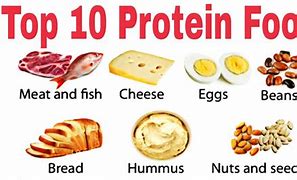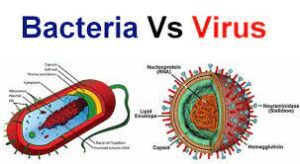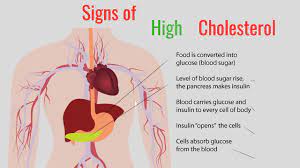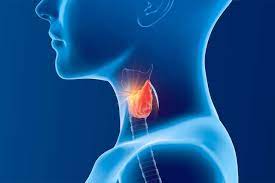How to Get Enough Protein

Protein is an essential nutrient for muscle, bone and other bodily structures. Studies have even suggested that protein may aid in preventing heart disease, certain cancers and Type 2 diabetes.
The amount of protein you require depends on your age, gender and overall health. To make sure you’re getting enough of this essential nutrient, try to eat a variety of protein-rich foods.
Protein can be found in a variety of foods, such as meat, poultry, seafood, eggs and dairy products. Plant proteins like beans, peas and lentils, as well as nuts, seeds and soy products should also be considered when creating your protein intake.
Complete proteins are those which contain all essential amino acids in equal amounts. They make for the ideal source of protein for your body and can be found in various foods like beans, tofu, nuts, seeds and soy products.
Vegetarian or vegan, it’s especially important to ensure you get enough protein in your diet. You can easily increase this by adding hemp, chia or flax seeds to smoothies, oatmeal or yogurt.
For a quick and delicious breakfast, opt for something earth-friendly like toasted chickpeas with tomatoes and avocado on whole-grain toast. Two cups of cooked chickpeas mixed with olive oil, shallots and garlic add 15 grams of protein to your day.
Add a scoop of unflavored collagen to your coffee, oatmeal or smoothie for an easy way to get your daily serving of protein. The peptides found in collagen are easily digestible by the body, helping you feel full for longer and preventing overeating.
Add a scoop of whey protein to cereal, smoothies or a bowl of soup for an added boost of energy. Opt for brands that are grass-fed or sustainably raised to get the most benefits.
Nuts and seeds are excellent sources of protein, providing a range of essential nutrients to support your wellbeing. Just two tablespoons of almonds, walnuts or cashews can provide up to 7 grams of this nourishing form of nutrition – plus healthy fats, fiber, vitamins and minerals! It really is a win-win situation for your wellbeing!
For lunch, consider treating yourself to a protein-packed snack like hummus sandwich or some sliced veggies with Greek yogurt on top. These snacks are easy to pack and will keep you full for hours, preventing the urge for quick sugary fixes.
According to the Centers for Disease Control and Prevention (CDC), many Americans do not consume enough protein. On average, Americans get 0.8 grams per kilogram of their weight – that translates to 43 grams of protein daily for someone weighing 120 pounds.
Nicole Rodriguez, RDN and co-founder of Step Bite Step and NASM certified personal trainer, recommends that individuals aim for between 1.2 to 2.0 grams of protein per kilogram of body weight depending on age and activity level. According to this recommendation, individuals should strive for between 1.2-2.0 grams per kilogram depending on age and activity level.






